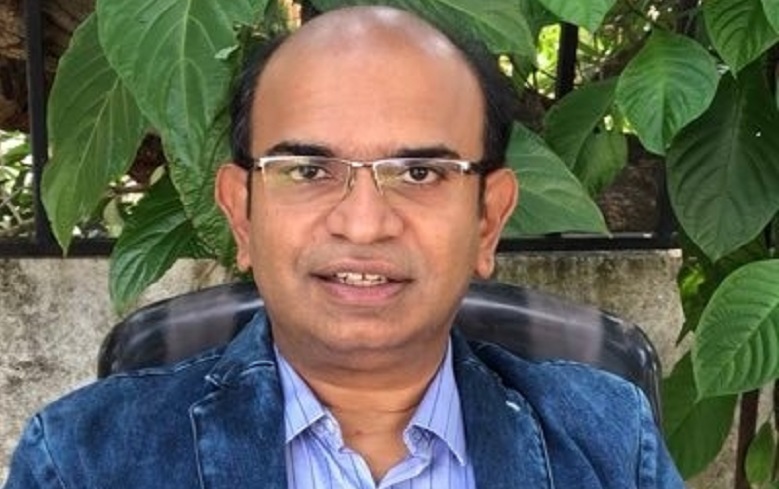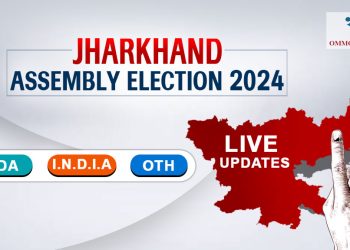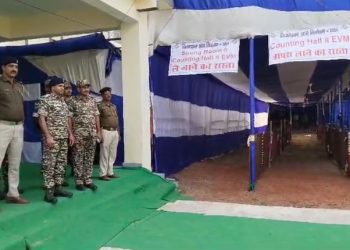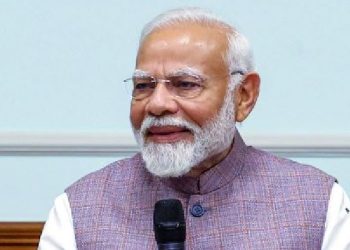New Delhi: The World Health Organisation’s finding that 4.7 million people died in India directly due to Covid-19 or due to the pandemic’s impact is a glorified term for guesswork, said Dr Rajeev Jayadevan, Co-Chairman, National IMA COVID Task Force.
In an exclusive conversation with IANS, Dr Jayavedan said that whatever statistical model or assumptions are used, they are only as good as the limited data that were fed into the model by WHO’s statisticians.
“With so much heterogeneity, without systematically collecting reliable data from official sources in each state and region, it would be impossible to correct for each one of these factors and arrive at accurate total numbers for the whole country by using methods themed at extrapolation, which, by the way, is a glorified term for guesswork,” he told IANS.
The world health body had said that 14.9 million people were killed across the world by Covid-19. It said the fatality in India was 4.7 million or 47 lakhs as opposed to the 5.24 lakh deaths.
Following the report, India strongly objected to the use of mathematical models by the WHO for projecting excess mortality estimates linked to the coronavirus pandemic in view of the availability of authentic data. The health ministry said that the validity and robustness of the models used and the methodology of data collection are questionable.
“Despite India’s objection to the process, methodology and outcome of this modelling exercise, WHO has released the excess mortality estimates without adequately addressing India’s concerns. India had also informed WHO that in view of the availability of authentic data published through Civil Registration System (CRS) by Registrar General of India (RGI), mathematical models should not be used for projecting excess mortality numbers for India,” said the ministry, objecting to the methodology adopted by WHO to project excess mortality estimates based on mathematical models.
Talking to IANS, Dr Jayavedan said that pandemic is not restricted to the boundary of any country, instead it is spread throughout the world. “But, when talking about death data, we have to systematically go through data from each and every country. It is easy to calculate Covid-19 deaths among smaller nations with robust data reporting systems. But it must also be noted that many such small nations are smaller than the smallest states in India,” he added.
Giving an example, the IMA COVID taskforce Co-Chairman said, “Imagine that we are collecting death data for wealthy nations like the US, its healthcare infrastructure and databases among various regions is relatively more uniform than some other large countries. Hence, extrapolation from one region might work to some extent in that context.”
In the context of India, he said, which is as big as a whole continent, between different regions, there is substantial variation in population density, local mobility, geography, interstate or international travel, impact of previous wave, uptake of vaccination, social behaviour and culture, healthcare access, infrastructure, public attitude, literacy, local super spreading events, and even nutritional status of the individual. Other factors like humidity and the temperature in the region also affect the spread of disease, Dr Jayavedan added.
(IANS)



















